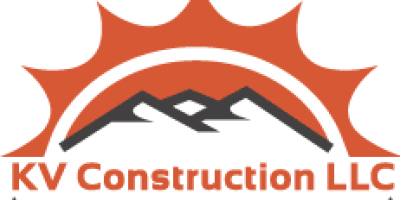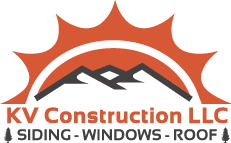Understanding Insulated Vinyl Siding
Insulated vinyl siding features a foam insulation layer attached to the vinyl material, enhancing the energy efficiency of homes. This type of siding not only improves thermal regulation within the property but also boosts overall wall rigidity. The insulation layer, typically made of expanded polystyrene (EPS), is fitted directly to the back of the vinyl panel, creating a tighter seal against weather elements and reducing external noise.
Benefits of Choosing Insulated Vinyl Siding
Opting for insulated vinyl siding offers numerous advantages:
- Energy Efficiency: The EPS insulation helps maintain consistent indoor temperatures, reducing the workload on heating and cooling systems and potentially lowering utility bills.
- Durability: Insulated vinyl is known for its durability and resistance to impact, diminishing concerns about dents and damage from external forces.
- Aesthetic Appeal: With a variety of colors and textures, insulated vinyl can mimic the look of natural wood without the maintenance hassle, thereby enhancing the home’s curb appeal.
- Moisture Resistance: Unlike other materials that can absorb moisture and degrade over time, insulated vinyl siding repels water, preventing mold and mildew growth.
Installation Process
The installation of insulated vinyl siding involves several key steps that ensure maximum performance:
- Site Preparation: Removing old cladding and ensuring walls are clean and smooth.
- Insulation Check: Adding or replacing wall insulation if necessary before siding installation.
- Precise Measurement: Custom cutting the insulated vinyl to fit each section of the home’s exterior.
- Secure Attachment: Using specialized tools and techniques to affix the siding, guaranteeing a flawless finish.
Cost Factors
The cost of insulated vinyl siding varies based on several factors:
- Material Quality: Higher-grade materials with better insulation properties and longer lifespans tend to cost more.
- Home Size and Layout: Larger homes or those with complex designs require more material and labor, increasing overall costs.
- Labor: The expertise of the siding contractors in Seattle and the scope of the project significantly influence the installation expenses.
Choosing the Right Contractor
Selecting a competent contractor is crucial for a successful installation. KV Construction LLC, a reputable siding company Seattle, offers skilled professionals known for their precision and reliability. When choosing a siding installer, consider the following:
- Experience and Reputation: Look for well-established siding installers in Seattle with positive customer reviews.
- Licensing and Insurance: Ensure the contractor is properly licensed and insured in Washington to protect against any liabilities.
- Warranty and Aftercare: Opt for contractors that provide robust warranties and responsive post-installation support.
Conclusion
For homeowners considering an upgrade to their property’s exteriors, insulated vinyl siding is a valuable investment. It offers aesthetic flexibility, enhances energy efficiency, and increases the resilience of the home. With the help of skilled siding contractors Seattle WA like KV Construction LLC, residents of Seattle, Washington, can enjoy a seamless installation process and long-term benefits. Choosing the right siding installation Seattle WA service provider will ensure that every aspect of the siding project meets the highest standards of quality and efficiency.


